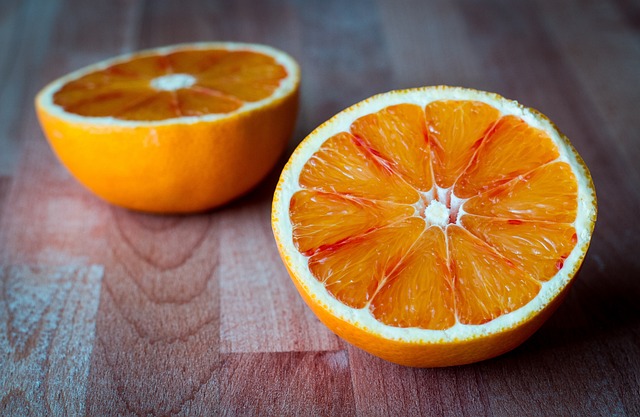The Fascinating World of Probiotics: How These Little Bacteria Balance Your Gut!
Probiotics have gained immense popularity in recent years, and for a good reason. These tiny bacteria, when consumed in the right amounts, can work wonders for our gut health and overall well-being. In this blog, we will discuss what probiotics are, how they work, and their benefits. So sit back, relax, and let’s dive into the fascinating world of probiotics!
What Are Probiotics?
Probiotics are live bacteria and yeasts that are good for our health, especially our digestive system. Our gut is home to trillions of bacteria, both good and bad. Probiotics are the “good” bacteria that help keep the gut healthy by maintaining a balance between the good and bad bacteria. When this balance is disturbed, it can lead to various digestive and health issues.
Probiotics can be found in various foods and supplements. The most common types of probiotics are:
- Lactobacillus: This is the most common type of probiotic found in fermented foods like yogurt and some cheese. It can also be found in some pickles and sauerkraut.
- Bifidobacterium: This type of probiotic is found in some dairy products, like milk and cheese. It can also be found in some probiotic supplements.
- Saccharomyces boulardii: This is a yeast probiotic that can be found in probiotic supplements. It’s helpful for people who are lactose intolerant as it doesn’t contain lactose.
How Do Probiotics Work?
Probiotics work by restoring the balance of good and bad bacteria in the gut. They do this by:
- Producing lactic acid: This helps create an acidic environment in the gut which makes it difficult for harmful bacteria to survive.
- Creating a barrier: Probiotics can line the gut and create a barrier that prevents harmful bacteria from entering the bloodstream.
- Competing for resources: Probiotics can compete with harmful bacteria for resources, such as nutrients and space, which limits their growth.
- Modulating the immune system: Probiotics can help regulate the immune system, which can lead to better overall health.
The Benefits of Probiotics
The benefits of probiotics are numerous, and research has shown that they can help with:
- Improving digestion: Probiotics can help with digestive issues like bloating, constipation, and diarrhea.
- Boosting the immune system: Probiotics can help strengthen the immune system, which can help prevent infections and diseases.
- Reducing inflammation: Probiotics can help reduce inflammation in the gut and throughout the body, which can lead to better overall health.
- Lowering cholesterol: Some probiotics have been shown to help lower cholesterol levels, which can help reduce the risk of heart disease.
- Improving mental health: There is some evidence to suggest that probiotics may help improve mental health conditions like anxiety and depression.
How to Get Probiotics?
Probiotics can be found in various foods and supplements. Some of the best food sources of probiotics include:
- Yogurt
- Kefir
- Sauerkraut
- Kombucha
- Miso
- Pickles
If you don’t get enough probiotics from your diet, you can also take probiotic supplements. When choosing a probiotic supplement, look for one that contains a variety of strains and has at least 1 billion colony-forming units (CFUs) per dose.
Conclusion
Probiotics are a fascinating world of tiny bacteria that can have a big impact on our gut health and overall well-being. By restoring the balance of good and bad bacteria in the gut, probiotics can help prevent and treat a variety of health conditions. And with their availability in various foods and supplements, it’s easy to incorporate them into our daily diet. So go ahead, give your gut some love with probiotics







